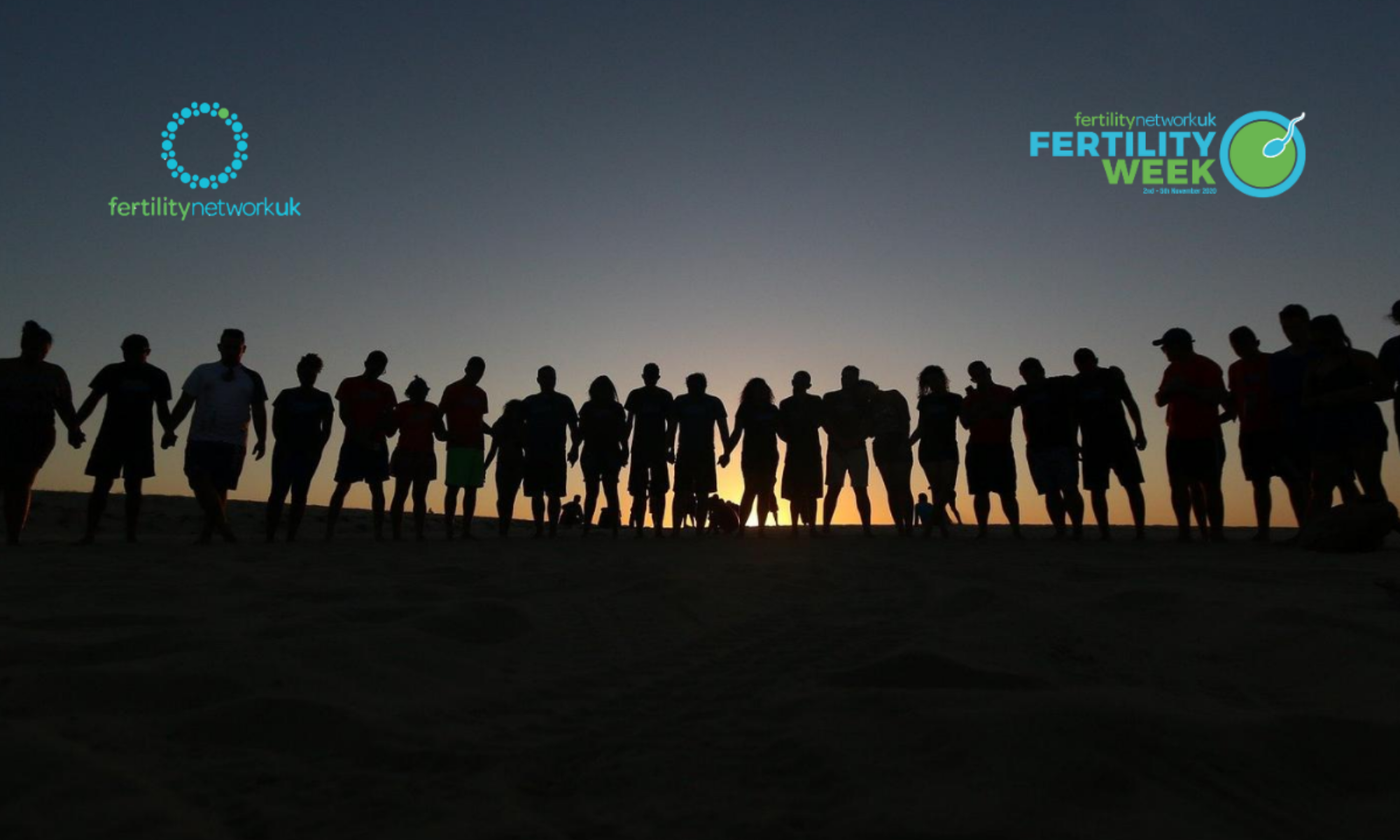Male Infertility by Chana – The Fertility Network
Chana, the leading fertility support organisation for the Jewish community in the UK, is pleased to be breaking down taboos about male infertility as well as infertility in general, working with Jewish couples across a wide range of religiosity, to help them to realise their dream of having a baby.
“Over the last 27 years Chana have been privileged to help over 800 babies be born to clients,” says Honorary Executive Director Carolyn Cohen. “Our unique combination of science, medical and emotional support, given by our Medical Advisory Panel of fertility specialists together with our team of therapists, means we are able to determine the best possible course of treatment for couples.”
Chana has a first-hand insight into how couples struggling with infertility can feel isolated and alone. On top of this, the fact infertility is largely perceived as a female issue, means men are often dealing with isolation upon isolation, keeping their feelings hidden as they try to stay strong.
This misconception around infertility being mainly gynaecological masks the fact that for 30 percent of couples, theirs is a male problem. However, even in these cases, once the diagnosis is made, treatment still centres around the woman with men often left completely side-lined.
In addition to this, for the small percentage of more religious men who come to Chana for support, there’s the expectation that they will have a large family. Many marry young with the view that by starting early there will be time to have lots of children, so if this fails to materialise, they are left not only dealing with their own struggle but also with the pressure from their extended family.
Infertility is overwhelming, confusing and can bring about feelings of shame and embarrassment which can lead to those going through it, suffering alone. For religious men in particular it can be difficult to reach out and with fewer opportunities to do so, they tend to go to their Rabbi for advice and support.
Chana clients like Marc, are more open in dealing with their predicament and help Chana dispel the stigma surrounding male infertility.
“Learning I would never be able to be a natural father was a big thing for me,” explains Marc. “I’m the type of man who faces a problem head on but this news brought fears about the future, of having to explain this to my child one day and ultimately the fear of never being a father at all.”
“It was my support worker at Chana who helped me see I was no less a man because I couldn’t have kids, she talked or listened when I wanted to vent.”
Men trying to deal with the impact their infertility has upon their sense of self and masculinity can feel outcast and ignored. On top of this is the expectation to be strong for their wives whilst being very aware that they are the reason they are going through this in the first place.
At Chana, men often describe feeling like an accessory throughout their fertility journey, rendered invisible, making it even harder for them to share their experience. And for many, the degrading nature of their part in the treatment doesn’t feel appropriate to share, whatever their religious level or background.
As part of the Jewish culture, there is an obligation for men to pass traditions down through the generations, which can leave some feeling guilt-ridden if they have no children to pass these traditions onto.
Faced with being the last link in their family’s chain is something too awful to contemplate, and Chana works with every client, male or female, to help them find the best way forward to begin, or complete their family.
As Marc adds, “Chana helped me see, there was nothing to hide, no one to blame and nothing to be angry about. With their support I learnt to accept my situation and work out how to deal with it. They were there at every step of my journey to fatherhood and ten years on I can’t put into words the joy our son brings.”
For more information and support call Chana’s free, confidential helpline on 020 8201 5774 or visit www.chana.org.uk.
